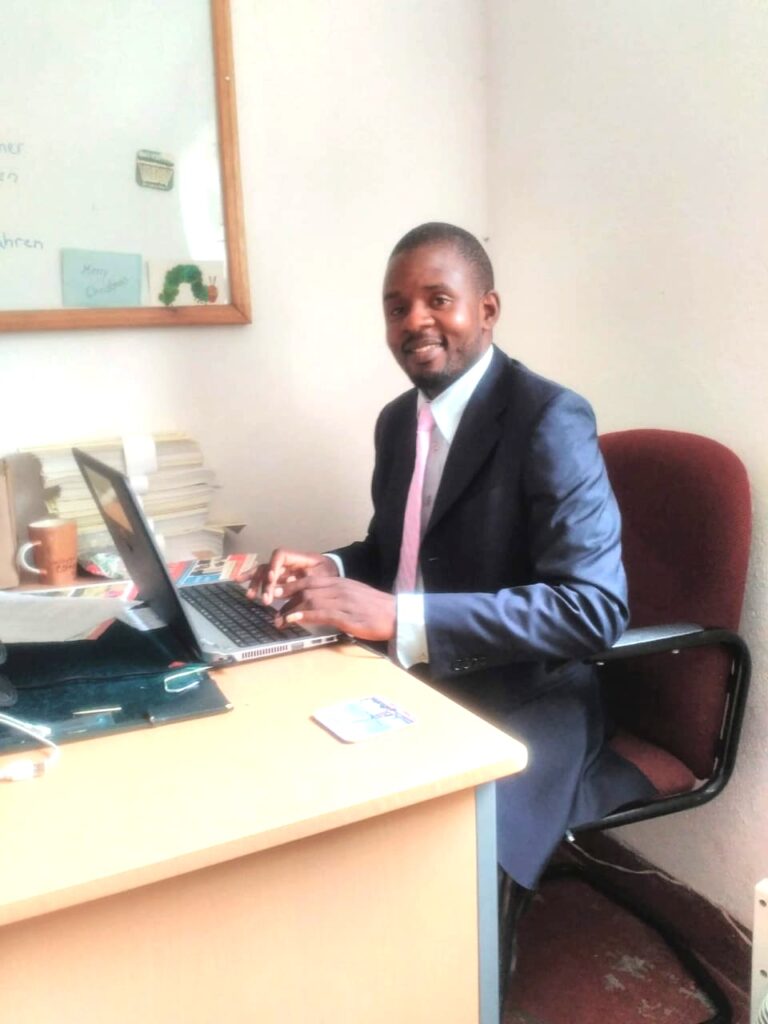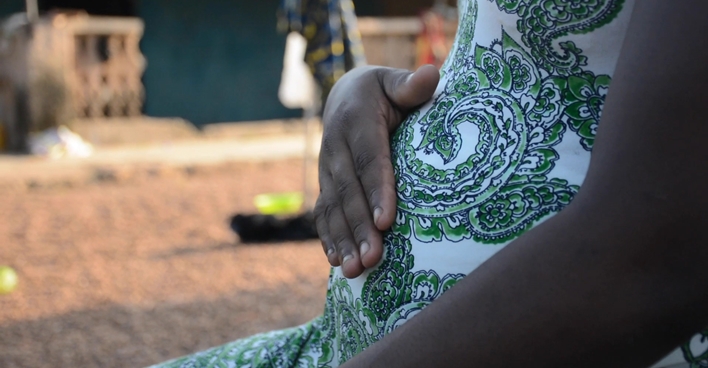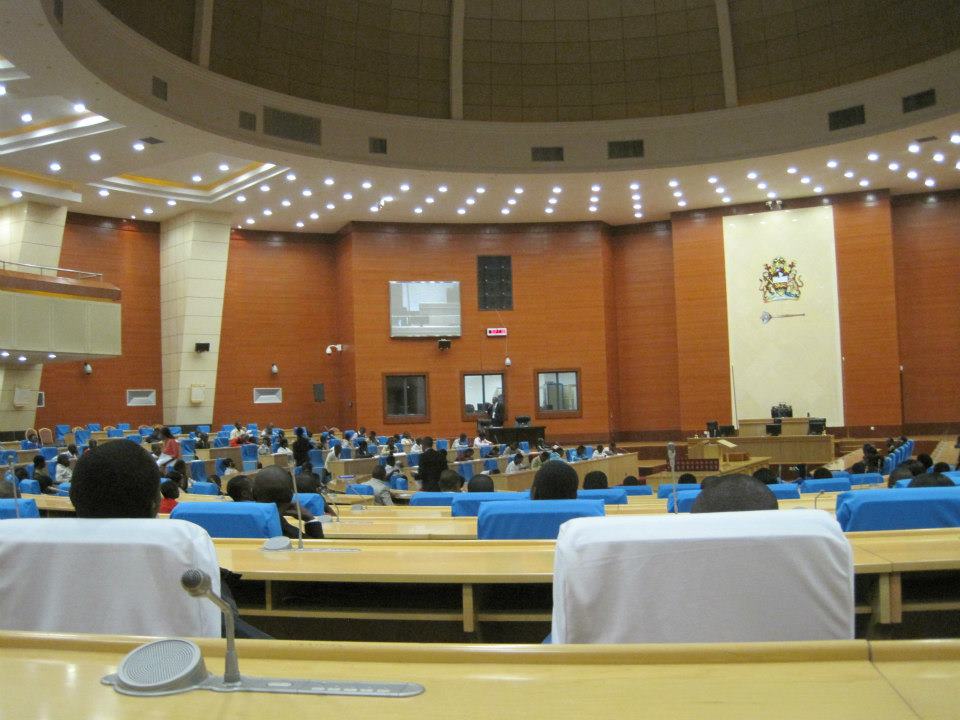By Yamikani Yapuwa
Blantyre, Mana: Comprehensive abortion care is included in the list of essential health care services published by World Health Organisation (WHO) in 2020 and it includes the provision of information, abortion management and post-abortion care.
However, in Malawi, abortion is only legal to save a woman’s life and obtaining an abortion for any other reason is punishable by seven to 14 years in prison.
Secretary General for the Coalition for the Prevention of Unsafe Abortion (COPUA) Dr Francis Makiya hints that this restriction to access to abortion does not reduce the number of abortions but affect whether the abortion a woman or girl procures is safe and dignified.
“Restricting access to abortion does not reduce the number of abortions. Evidence points to the contrary. What happens when people are refused or denied access to safe abortion, they resort to unsafe clandestine or backstreet abortions.
“A study conducted in 2015 estimated that 141,000 abortions were performed in 2015. So far there has not been another scientific study conducted since 2015 to compare the trend.
“But data collected from the hospitals across Malawi shows that the problem is ongoing. Data for women and girls who went for post abortion care in the hospitals for the period from January to December 2021 was 35048.” says Makiya.
Daisy, 25 is one of the many women who procured an abortion from a local untrained person using an invasive method and now lives with the post-abortion complications.
“My uncle who I was staying with used to force himself on me till I got pregnant. My family warned me never to talk about it with anyone or report the matter to police because of fear that he will stop supporting all of us financially.
“I was devastated and I could not have kept the pregnancy and raise a child who could have not received necessary support. At 8 weeks, I made a decision to terminate the pregnancy.
“Due to the fact that abortion service is not offered on open ground, I visited a certain local woman who performed the procedure at a cheap price under least safe conditions by inserting a stick through my birth canal to the uterus,” says Daisy.
Daisy recalls she bled for two weeks non-stop but was hesitant to seek medical care at her nearest Health center for fear of being ridiculed.
“I now live with the complications. My stomach hurts a lot and I am always battling infections as well as pain in my genital tract as a consequence of inserting a sharp stick
“My self-esteem is low because I feel less of a woman due to the damage. My experience left me traumatized and I vividly remember the pain I went through when the woman inserted the stick in my womb to remove the pregnancy,” she recalls.
To ensure that girls and young women no longer face what Daisy and several other women who underwent unsafe abortion experienced, some youth in the country are drumming up support for the need to pass the Termination of Pregnancy (TOP) bill.
The proposed TOP bill aims to expand legal abortion from only cases where the mother’s life is at risk to include rape, incest, fetal deformity, and threats to health.
One of such youth is Kenneth Mtago, Executive Director for Young Voices Organisation (YVO) who says he support the bill because it looks at dealing with situations that offer reproductive choices to a woman or a girl.

“The bill wants to assist pregnancies that are due to rape, incest or defilement. All these happen without consent of a woman and there is a perpetrator in the process,” says Mtago.
To show commitment towards the campaign, Mtago says YVO is currently doing community awareness and engagement with religious groups, youths, chiefs, women and girls to fully understand what the bill want to achieve.
“All these meetings aimed at making sure Malawian citizens understand the content of the bill so that they can relate with challenges they are experiencing and take a role in supporting the bill,” says Mtago.
Youth Champion and Gender Expert Tisungane Sitima adds that Termination of Pregnancy Bill is here to address the need for fulfillment of Sexual and Reproductive Health Rights (SRHR) stated in the Maputo protocol.
She says, “apart from saving girls and women from dying due to unsafe abortions, continuation of education to achieve their dreams is also another important aspect of having this bill passed into law. Pregnancy that comes due to rape can affect girl’s education since she has to stay home for more than a year to nurse the baby while her friends are ahead of her.

“So this bill is key to the life of women and girls because pregnant comes with its consequences when you are not ready, immature and also if you are facing complications.
Just like Mtago, Sitima, together with other SRHR Champions are also sensitizing people and making them aware of the Bill because a lot of youth go against it due to the fact that they do not understand the contents of the bill.
“We are meeting the youth in their meeting sites like churches, play grounds and most importantly on social media. We know that a lot of youth nowadays are found and love social media like TikTok, Facebook, Whatsapp or Instagram among others.
“We conduct discussions to hear their views before unpacking the bill then we explain to them on what the bill is all about so that they should not be misinformed.
“We also have an application called Ipas Health Link where they can access all the information pertaining to this bill and speak with specialists, Lawyers, doctors, police officers and gender experts,” says Sitima.
Both Sitima and Mtago call upon Members of Parliament (MP) to remove personal and religious beliefs to see the significance of passing the Bill.
Mtago cautions MP’s to differentiate a state and a religion for them to see the point and essence of having such a bill.
“The state follows natural justice laws whereas religion follows heavenly kingdom laws. If we start differentiating the two, it will help the MPs to make laws for Malawi not for their religion.
“I also want them to understand that what is in the bill as grounds for safe abortion were submitted by religious leaders to special law commission.
“MPs need to know that, they have a role to save the lives of women in the country and denying the bill, shows that they are happy to see women and girls dying due to unsafe abortions in the country,” says Mtago.
Additionally, Sitima also pleads with the MP’s to stop taking the TOP matter personal or religiously because Malawi has people belonging to different religious affiliations and their beliefs also differ.
“The MPs who have been denying the bill should read statistics on how many women and girls are dying due to unsafe abortion.
“What we need as youth is that women and girls should be exercising their sexual rights without denial. I wonder why we are debating on this issue when our government already signed the Maputo Protocol which encompasses the provision of safe abortion to women and girls.
“The MPs were elected by us as well so they should liberate our women by passing the Bill into law. Save and not kill,” she says.
Daisy also prays for a day the Termination of Pregnancy (TOP) bill will be passed in parliament so that other women who have been violated and end up pregnant like her should not go through what she experienced.




